Alex Pascual. All rights reserved.
world to the generations to come...
1.
PRESENTATION
1.1. Why did I write this book?
Ive always have been into environmental awareness. Everyone has their own concerns, I guest.
On a professional level, Ive had different works related to the environment (waste and water) and, more specifically, with garbage and recycling.
Also, my current position as a municipal technician has enabled me to observe and check exactly what is recycled in each container or bin, the amount of waste and way this industrial sector, which is very professionalized indeed, behaves.
My professional vision, far from making me a technical specialist in waste treatment, gives me an overview of the global waste management process; how people or households recycle, how we use recycling bins, where or in which treatment facilities the garbage ends up, and in what quantities. This has provided me with knowledge that enables me to explain the current waste recycling options available to us (especially in Europe).
At work, I have to tell people to recycle because its good for the environment and I reel off the typical and topical speech Thats when Im overcome with doubts: Is recycling really critical? Why? What impact does waste recycling have on the environment? What implications does it have on water, on land, on the atmosphere and its resources? Does it affect the environment? To what extent? And what about incineration? Is it harmful? How about landfills? Does recycling our waste generate more jobs? What impact does the recycling industry have on the economy? The truth is that communication available in this field does not usually quantify and explain the recycling benefits successfully. Thats why I started to research the reasons and facts or the truth about recycling.
Is recycling really important?
From a personal and social point of view, I see friends and family around me, as well as many people from different backgrounds (educated, or not), different professions (designers, engineers, artists, administrators, workers, among others), of different agesespecially young people born in our country in the heart of democracy educated in the values of ecology and respecting the environment and, quite simply, they do NOT recycle. Theyre not interested in recycling. They say that recycling is dirty. Garbage stinks. Some justify themselves by saying: Why should I recycle when the government mixes all the recycling bins or containers up afterwards anyway?an urban legend and, by the way, a big fat lie. Other people say: I dont have room for so many different recycling bins. In my opinion, theyre all just excuses, different ways of appeasing their conscience.
So, because of these doubts and, above all, the need to explain to those who do not recycle why its essential to do so, Ive written this book.
I will try to explain the recycling world in a pleasant way but, at the same time, with sufficient information so as to understand what, how much and why it is crucial to recycle our waste, based on verified data and above all with sufficient criteria for knowing which sources are truthful, official and help to easily explain the information.
The objective is not only to care for the environment but also to care for the only planet that we have (there is no plan B), and to show that recycling affects us directly, along with our quality of life, future generations and, ultimately, that it makes us happier with ourselves and with our actions.
The book is written in a direct style, as if the reader and I were talking face-to-face with me explaining what I know about waste recycling.
I hope you like it and that it awakens your curiosity, at least. Enjoy your read!
1.2. Why am I qualified to write this book?
Let me briefly go over my background to explain why I am able to write this book.
I studied a bachelors degree in Industrial Engineering at the Polytechnic University of Catalonia (UPC) and, given my environmental awareness, I took various subjects related with the environment and I also did a summer internship on a garbage truck for the Sant Cugat del Valls City Council carrying out a quality control audit.
I believe that this summer job opened doors for me and, as a result, I was hired by the environmental engineering consulting services where I worked for almost five years and was involved in various projects for the Barcelona City Council, supporting the strategic municipal waste management plan and the new public tender for waste collection and street cleaning services. An exciting world, and despite dealing with garbage, a very professional sector!
However, I have learned the most about real waste management and the importance of recycling during the more than nine years that I have been working at El Prat del Llobregat City Council, managing public services and different cleaning and waste contracts. This job has given me knowledge in the field and has made me aware of the importance of the work carried out by the public administration along with the excellent work that many officials do for all of us. Thats why I want to share it with you.
My commitment is to speak clearly and with clarity about recycling issues, without taking sides myself but reaching conclusions, with reliable and contrastable data, backed up by different official, municipal, autonomous, state, European and international organizations.
I have tried to be as non-technical as possible, to present three critical points in each chapter and to shorten some aspects to make for fluent reading. I hope that my colleagues in the sector dont hold it against me.
To see my professional profile on LinkedIn, visit:
 es.linkedin.com/in/alexpascualc/
es.linkedin.com/in/alexpascualc/
2.
How much garbage DO we produce?
When we talk about garbage, were usually referring to waste that we produce directly and which is formally known as household or municipal waste. But we mustnt forget that we generate other waste indirectly, be it industrial waste from consumer goods during manufacturing, or construction waste from real estate. Therefore, municipal waste only accounts for about one third of the total waste generated, just over another third corresponds to industrial waste (including sewage sludge) and less than a third is construction or demolition debris waste:

Municipal waste only makes up 1/3 of the total waste generated
In Catalonia, (EU27) more than 2,500 million tons. Thats a lot of waste! Especially if you consider that 1 ton is equal to 1,000 kg.
2.1. What is our garbage like?
The waste that ends up in street containers or bins comes mainly from households and businesses (which contribute about 1/3 of municipal waste). If you review the type of waste found in the general waste or trash


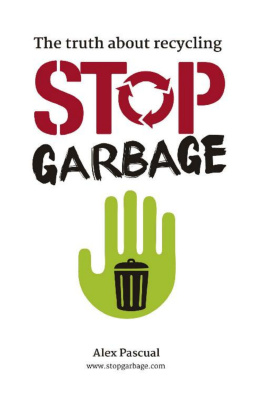

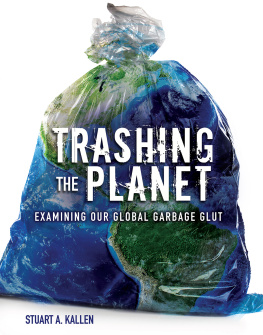
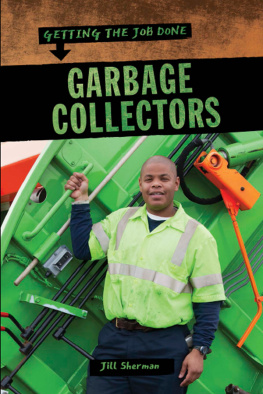
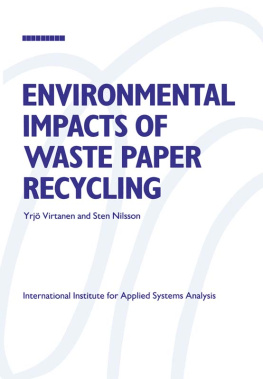
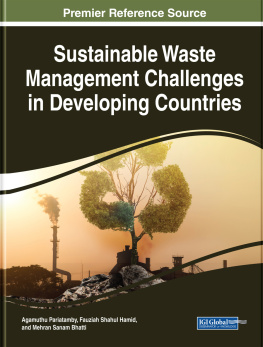
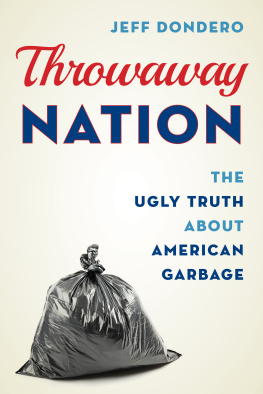
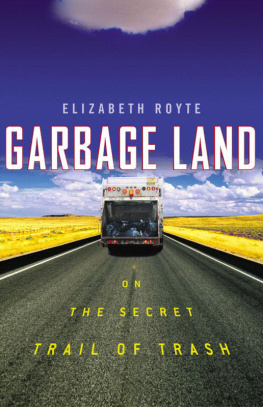
 es.linkedin.com/in/alexpascualc/
es.linkedin.com/in/alexpascualc/
